Many women find that their hair changes leading up to and during menopause. This can be extremely stressful, but if you are experiencing it, know that you are not alone. And more often than not, there is something you can do to improve your hair during this time of life. Anabel Kingsley, our Brand President and top Trichologist, answers your most pressing questions.
Q: I am approaching / going through menopause and my hair is falling out! Why?
A:
It can be very upsetting when you find that your hair suddenly starts shedding. However, try not to worry. This condition is totally normal. It is also temporary. Menopause is a time of hormonal changes, and anything that affects your hormones (also including pregnancy and puberty) can affect your hair too. Here is why:
Your hair grows in cycles, and these cycles are influenced by your body’s hormone levels. The three stages of the hair growth cycle are anagen (growth), catagen (an intermediary phase) and telogen (a resting/shedding phase). Oestrogens are ‘hair friendly’: they help keep your strands in their growth (anagen) phase, for anywhere from 3-7 years.
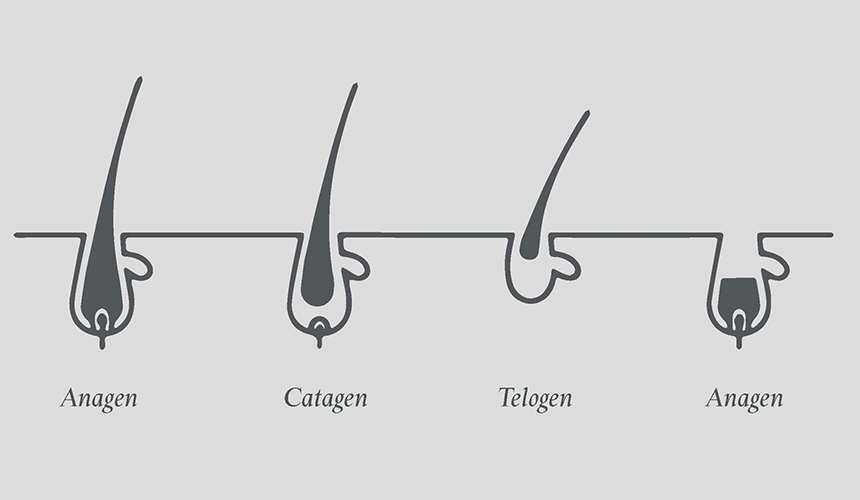
Leading up to menopause, your body experiences a decline in oestrogen. This can cause more hairs than usual to move out of their growth phase and into their shedding phase all at the same time. This is why many women entering menopause initially experience diffuse hair shedding (otherwise known as Telogen Effluvium). The good news is that your hair will stop falling out in excess once your hormones stabilise.
Q: I’ve noticed that my hair is gradually thinning as I get older. Why?
A.
First of all, it’s important to realise that everyone’s hair thins slightly as they age. No one is going to have the same hair quality in their 50s or 60s as they did in their 20s.
Having said that, some women experience more pronounced thinning than others. This is also caused by hormonal changes.
When your oestrogen levels drop, your hair follicles are more exposed to the influence of androgens (testosterone) – and some people’s hair follicles are genetically sensitive to testosterone. In this case, your hair follicles may begin to miniaturize, causing your hairs to grow back finer with each growth cycle. You may start to see more of your scalp through your hair, especially at the front, top and crown. This is called ‘androgenetic alopecia’, and it is a progressive type of hair loss.
I see many Clients in our Clinics who have existing density changes that are exacerbated by menopause. I also see others who have never experienced any hair issues at all, until they are triggered by menopausal hormonal shifts.
Q: Is there anything I can do to stop (or slow) menopausal hair thinning?
A:
The absolute best way to treat hair thinning during menopause is to apply stimulating, anti-androgenic scalp drops every day. The reason? Hair density changes are caused by follicle sensitivity to testosterone, so you need to use products that help block testosterone’s effect on your hair follicles.
From our off-the-shelf retail range, I recommend our Tricho 7 Scalp Drops. These have been specifically formulated by us for women with fine hair and reduced hair volume.
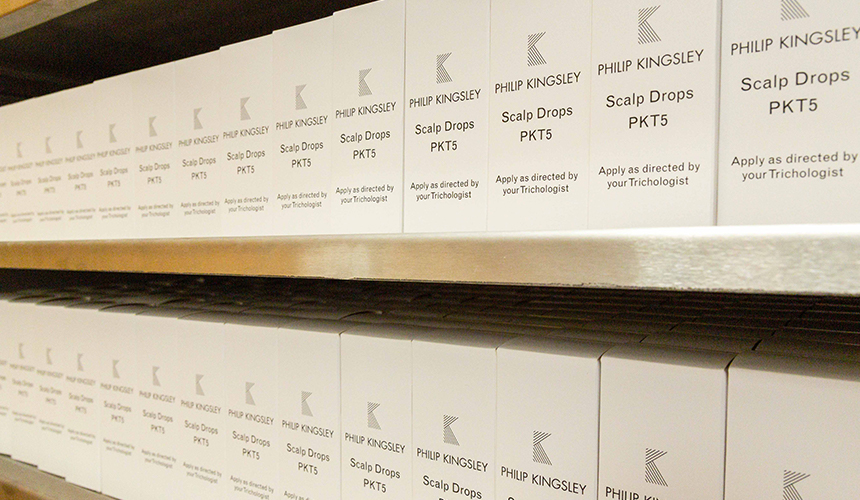
In our Clinics in London and New York, we offer prescription-only anti-androgenic Minoxidil drops. These work with a two-pronged approach. Minoxidil stimulates hair growth by prolonging the anagen (growth) phase of the hair cycle. Meanwhile anti-androgens help to block the effect that male hormones can have on the hair follicle.
Q: Will Hormone Replacement Therapy help with menopausal hair thinning? Or will it make it worse?
A:
There is no catch-all answer to this. Certain types of Hormone Replacement Therapy (HRT) can be ‘hair friendly’. But others can contribute to density reduction.
When choosing an HRT, speak to your doctor about hair loss concerns so they can point you in the right direction. If you are already on HRT and find that your hair is thinning, I recommend voicing your concerns to a specialist, who may be able to help by switching your treatment. You can also book an appointment with a Trichologist for more information.
Whatever you do, I never recommend suffering hair concerns in silence!
Q: What hair care products can I use to improve my hair’s body and volume?
A:
There are many steps you can take to get more body and volume into your style! First, make sure you choose a lightweight, volumizing shampoo and conditioner, such as those from our best-selling Body Building range. These will cleanse your strands without weighing them down.
A good volumizing styling product can have a huge impact. It can immediately camouflage hair thinning and boost your morale and confidence. Many of my Clients use our Maximizer Root Boosting Spray. Many also use hair fibers. Toppik and Nannogen are good brands.
Our hair tends to become dryer as we get older. This can cause it to break and fray, so using light, moisturizing products is very important. My Clients love our Tricho Pro Protein Spray – a thickening spray enriched with plant proteins. It immediately adds bulk to your mid-lengths and ends, and also hydrates and strengthens.
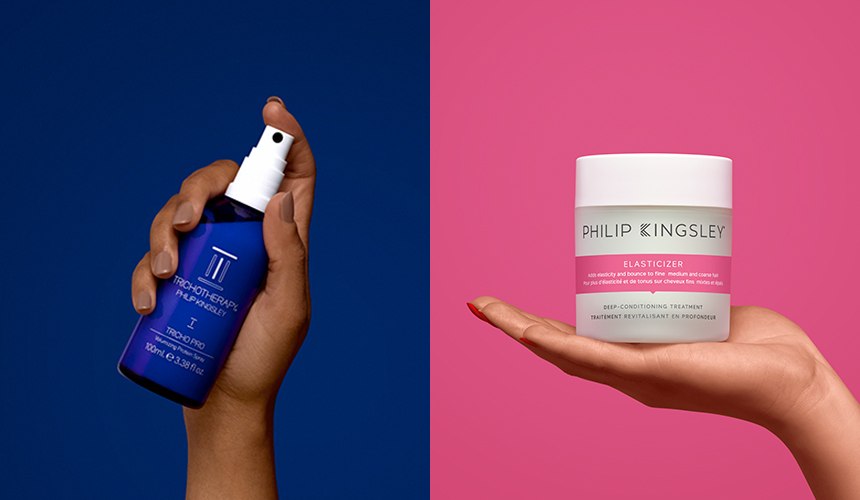
Finally, finer hair is more fragile, and therefore prone to breakage. Use a weekly pre-shampoo conditioning treatment to add elasticity and strength to your hair. I love our Elasticizer, originally formulated for Audrey Hepburn. Because it’s a pre-shampoo treatment, it will not weigh your hair down. You leave it on your strands for long enough to penetrate (20 minutes to an hour) and then shampoo away excess residue.

Keep an eye out for Menopause Part II coming soon…
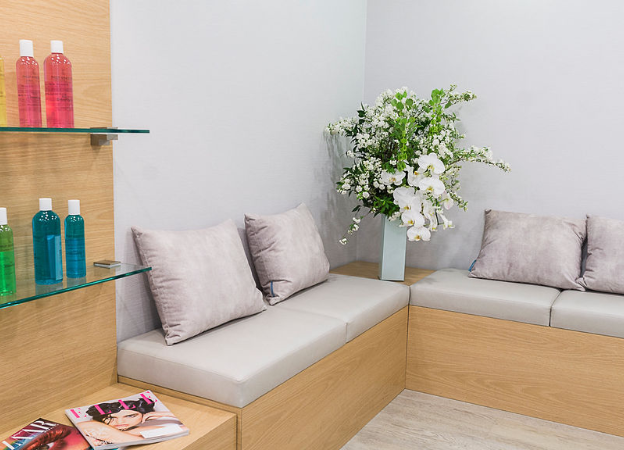
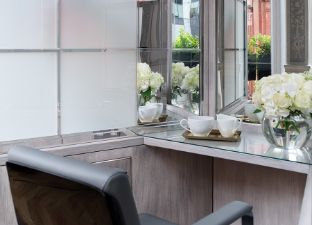
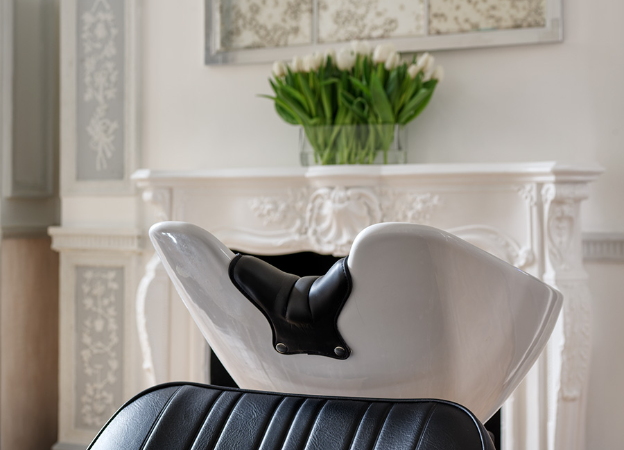
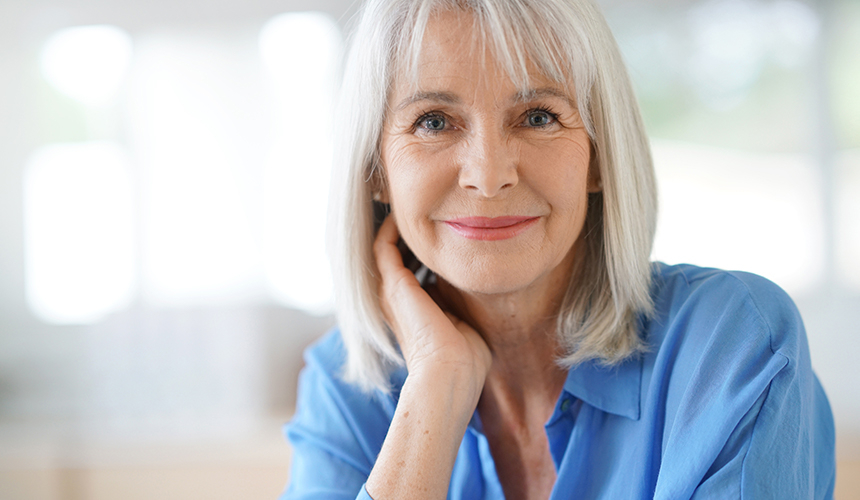

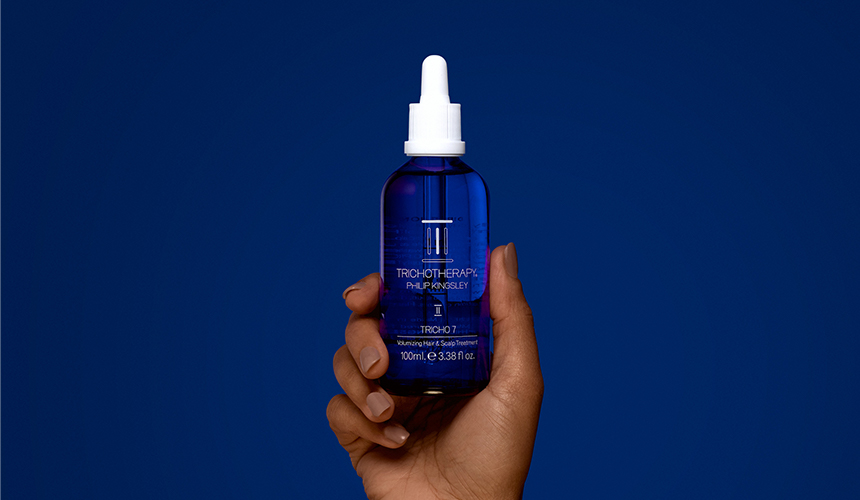
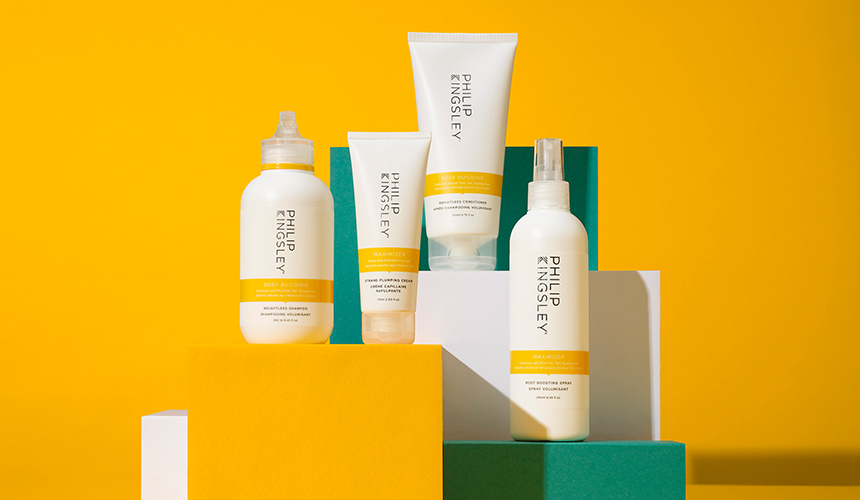
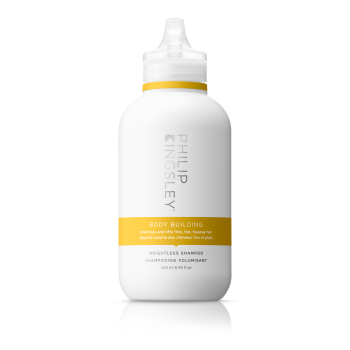
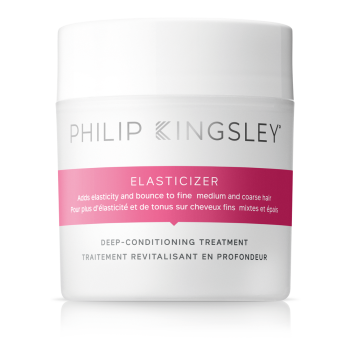
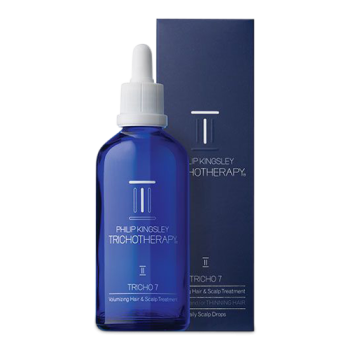
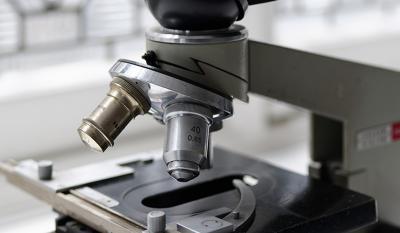
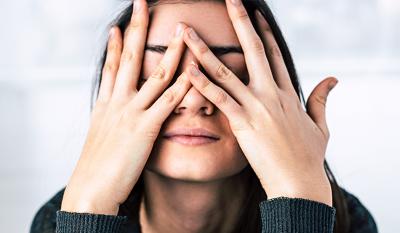
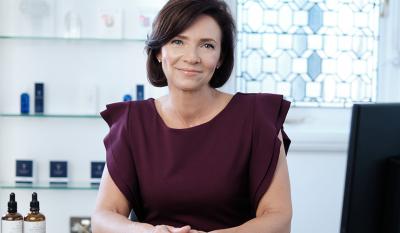
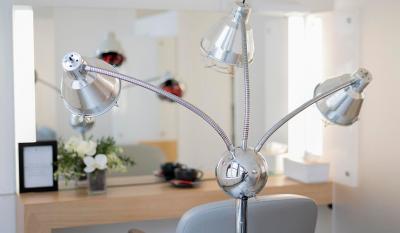
Leave a Comment
How long will it take to see results of using Elasticizer Deep Conditioning Treatment?
Hello Admin,
It is very nice that your blog is providing valuable information to us. I want to aware you toward
the ‘Best Menopause Supplements UK. Get more information through the given link:
https://www.interneteyes.co.uk/best-menopause-supplements-uk/
i got good information from here
keep it up
for more
information <a href="https://shopuskart.com/product/mens-rogaine-minoxidil-5-extra-strength-topical-solution-one-month-supply/">rogaine minoxidil</a>